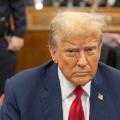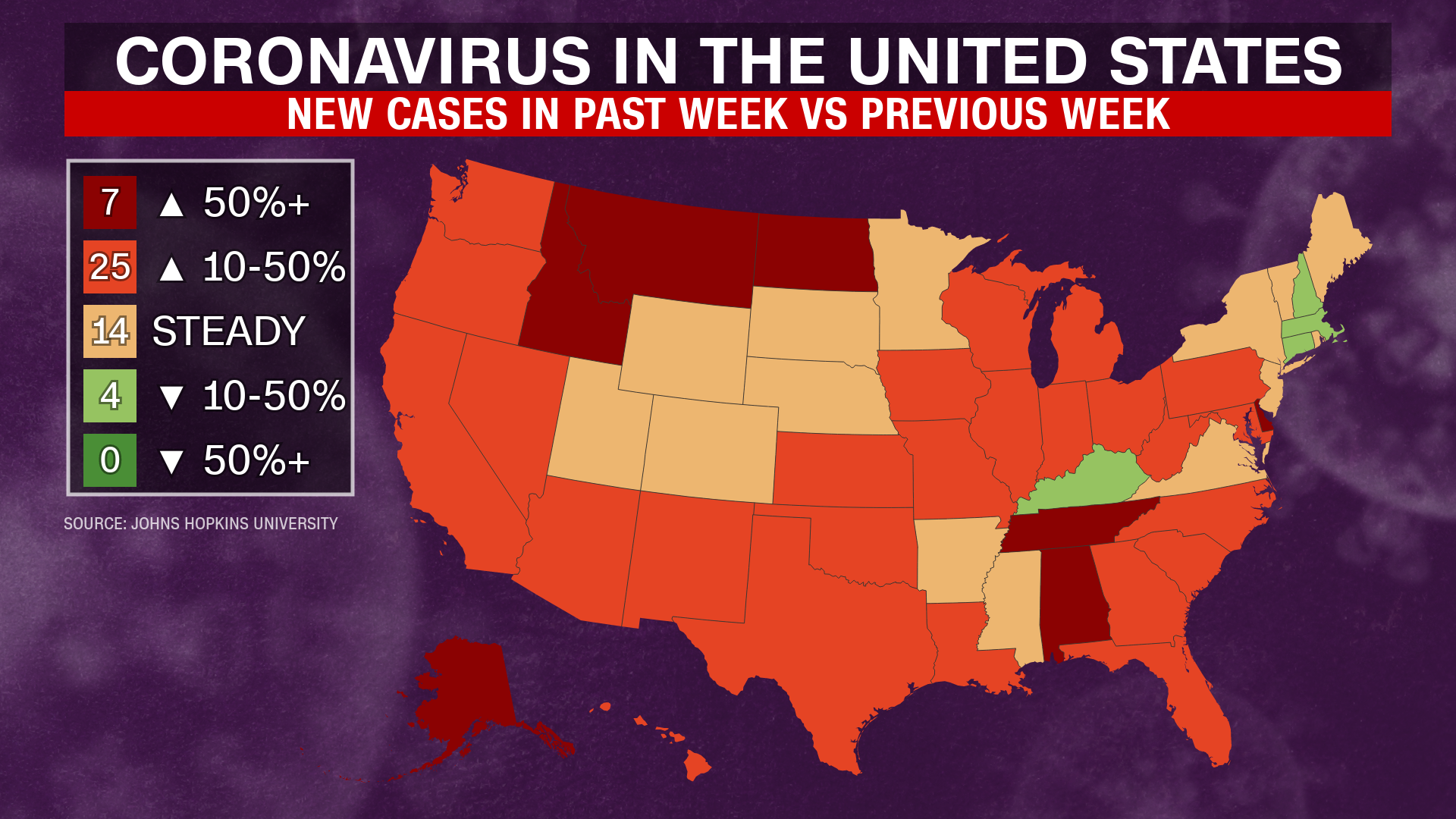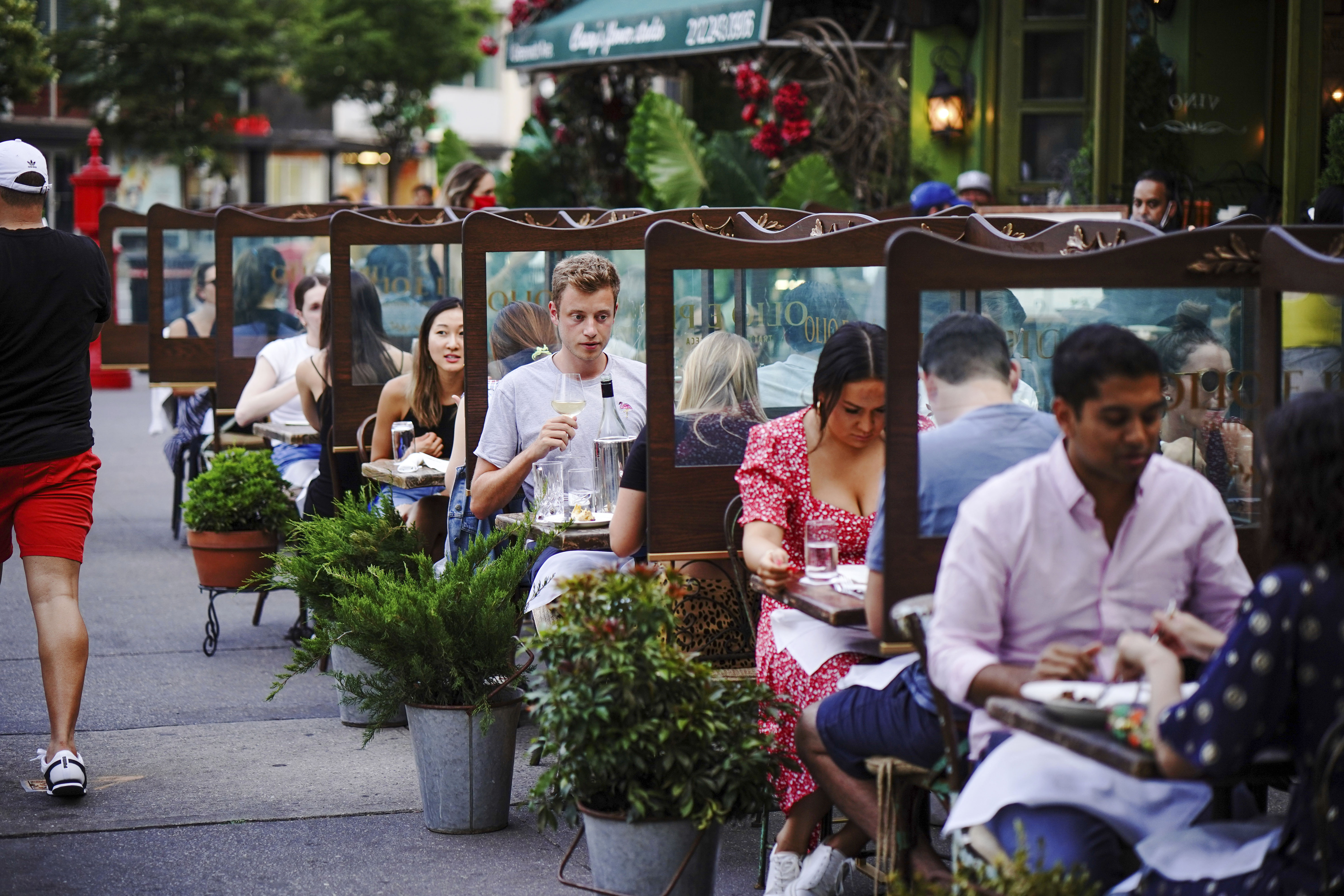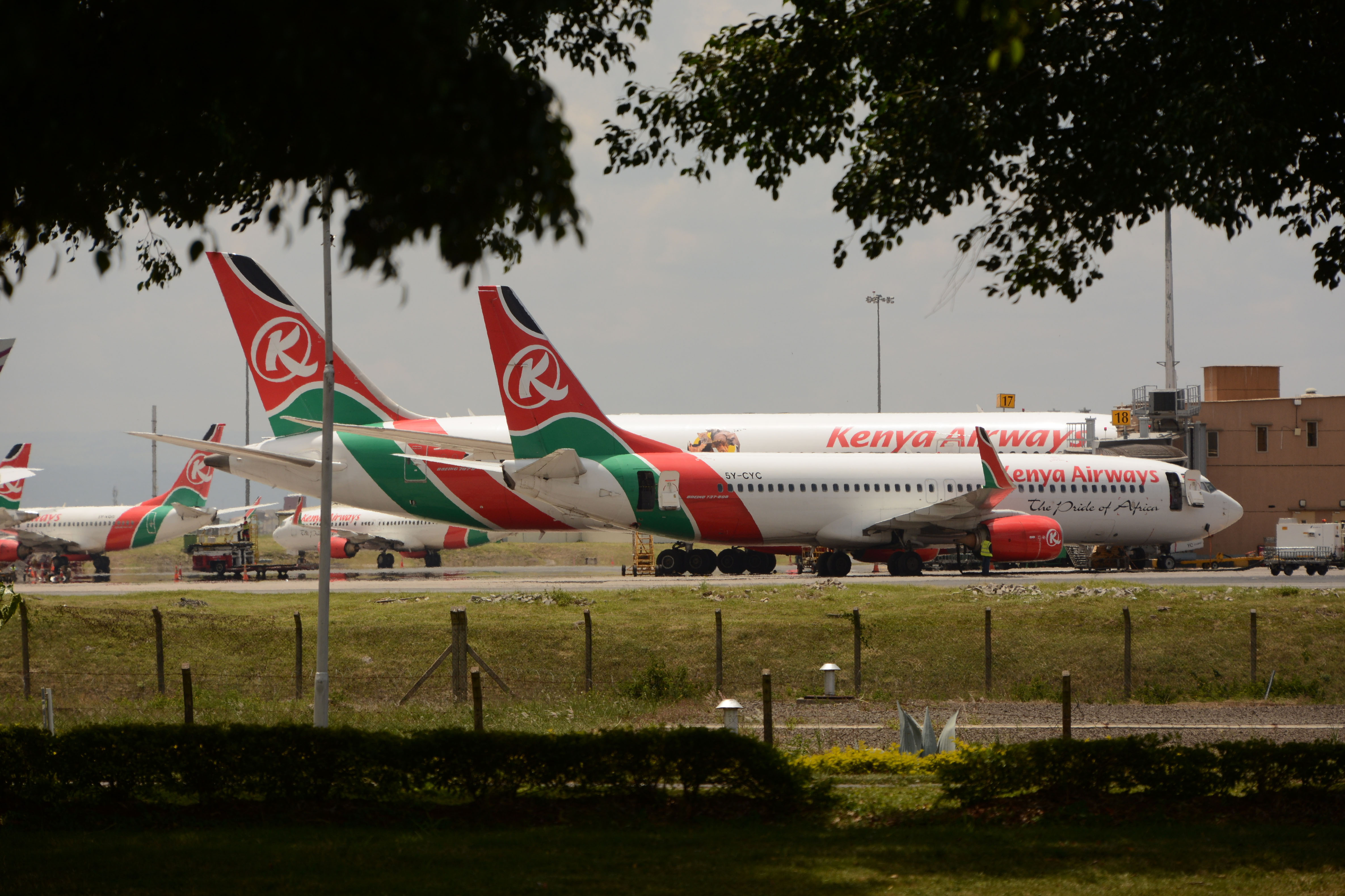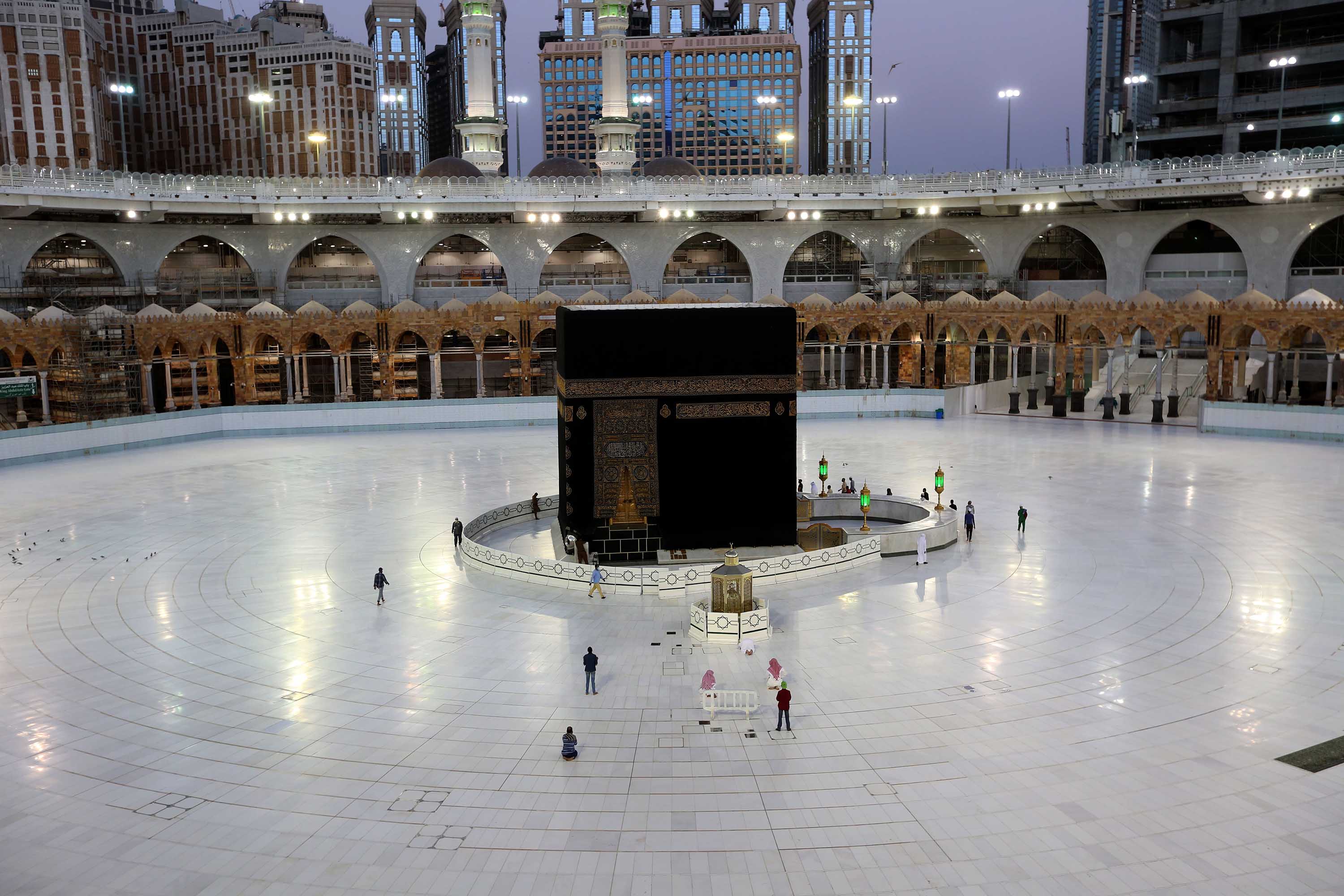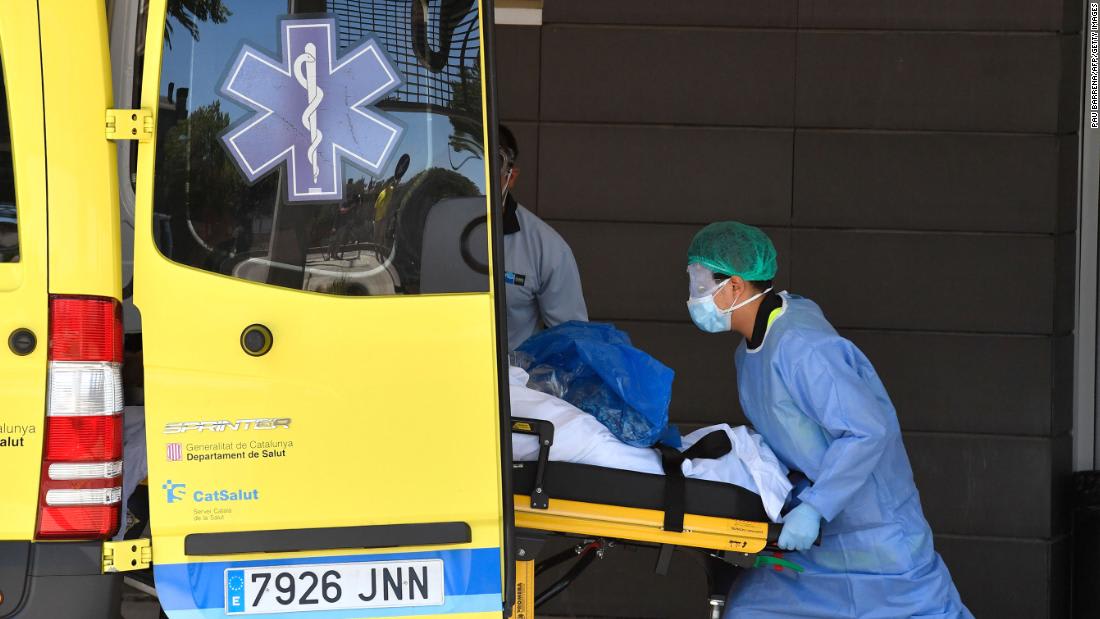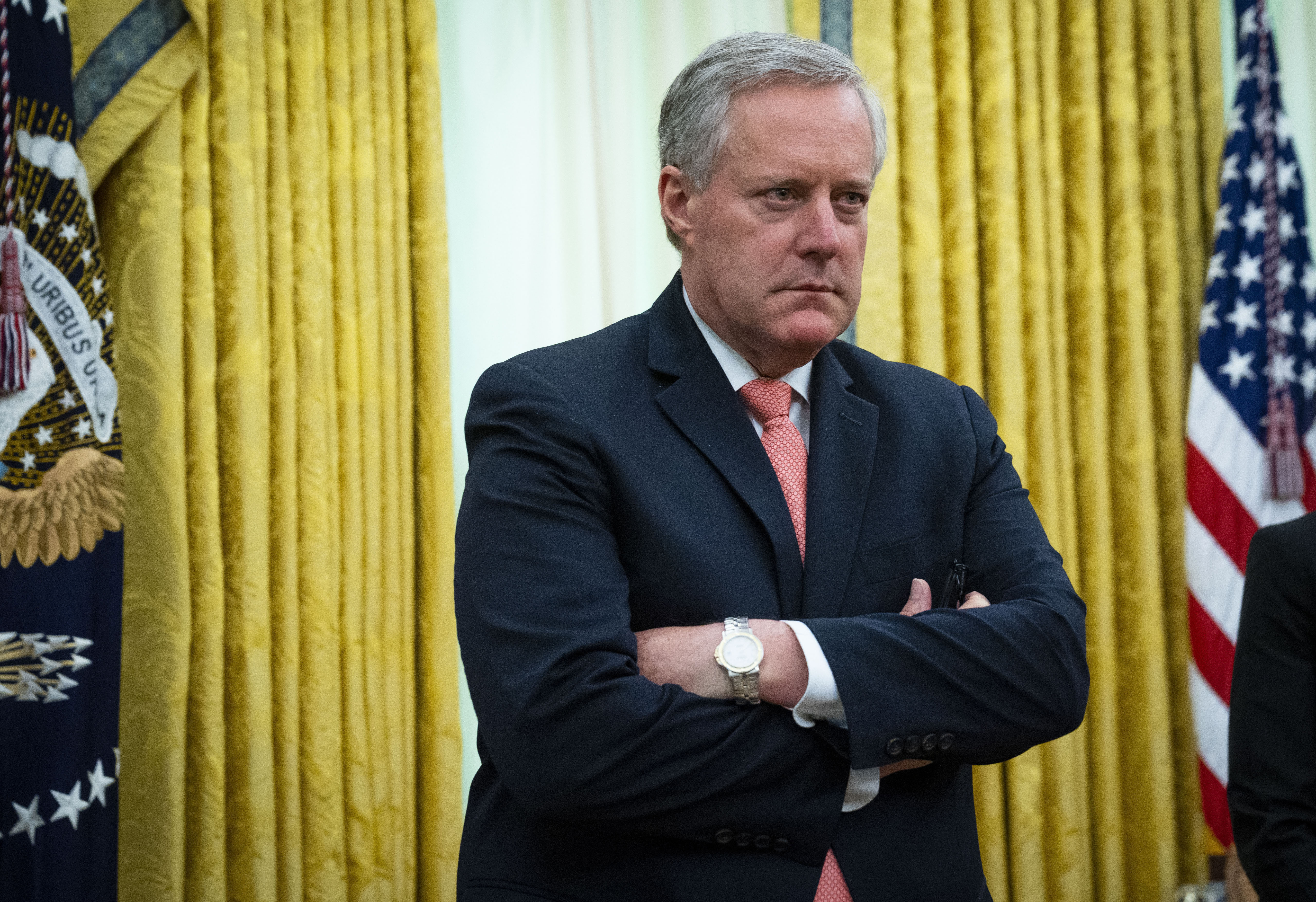
White House chief of staff Mark Meadows this morning doubled down on false comments from the President that 99% of coronavirus cases are “totally harmless.”
Meadows made his first television appearance in his new role on Fox News and gaggled with reporters today.
“I’m not sure which public health experts that you’re talking about. I probably get to review more numbers, and when you look at the facts, when you look at, really, what we’re dealing with, a lot of these cases are asymptomatic. Additionally, when we look at a population of over 325 million people and what we’re looking at, those statistics would indicate about 102%. When that 99% came, it came from actual numbers. And you can look at numbers a number of different ways,” he told reporters at the White House.
Remember: Data from Johns Hopkins University suggests a coronavirus fatality rate of 4.6%, not to mention effects on many Americans who are getting very sick but not dying.
Meadows continued, “Probably the biggest thing that I’m looking at is how do we track and how do we make sure that those are protected. And if you look at the vast majority of those 65 years of age and younger, if they don’t have a comorbidity, we’re looking at this as not only not as dangerous as a number of other things that potentially cause a loss of life, and that’s the real key – it’s when you start to take out some of the deaths we’ve had in nursing homes. It’s not to downplay the deaths that we’ve had, but it’s really, to look statistically, to know that whatever risks you may have or I may have or my children or my grandchildren may have, let’s look at that appropriately, and I think that that’s what he was trying to do.”
He later suggested Trump did not intend to downplay people getting sick as a result of the virus.
“I don’t think it was the President’s intent to downplay that as much as saying let’s look at the risk and let’s look at this in an appropriate way based on facts and figures,” he said.
